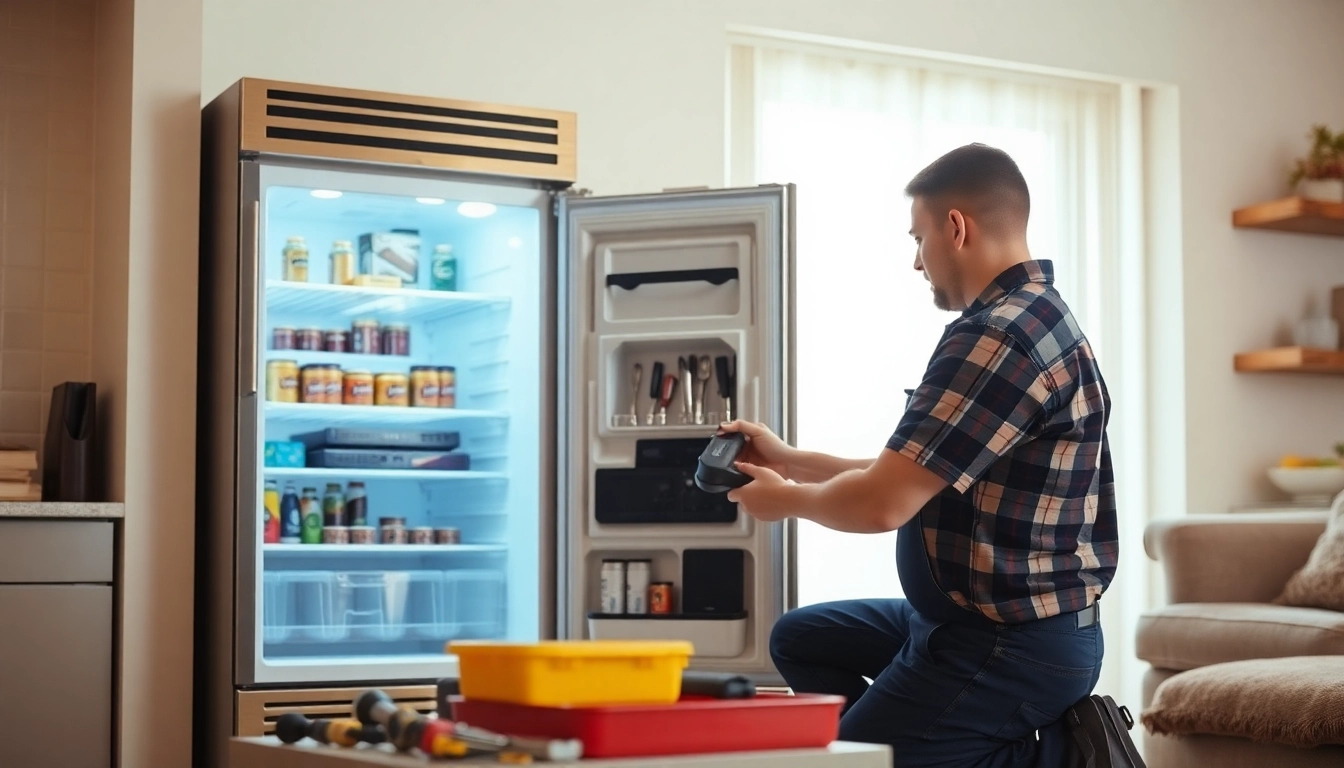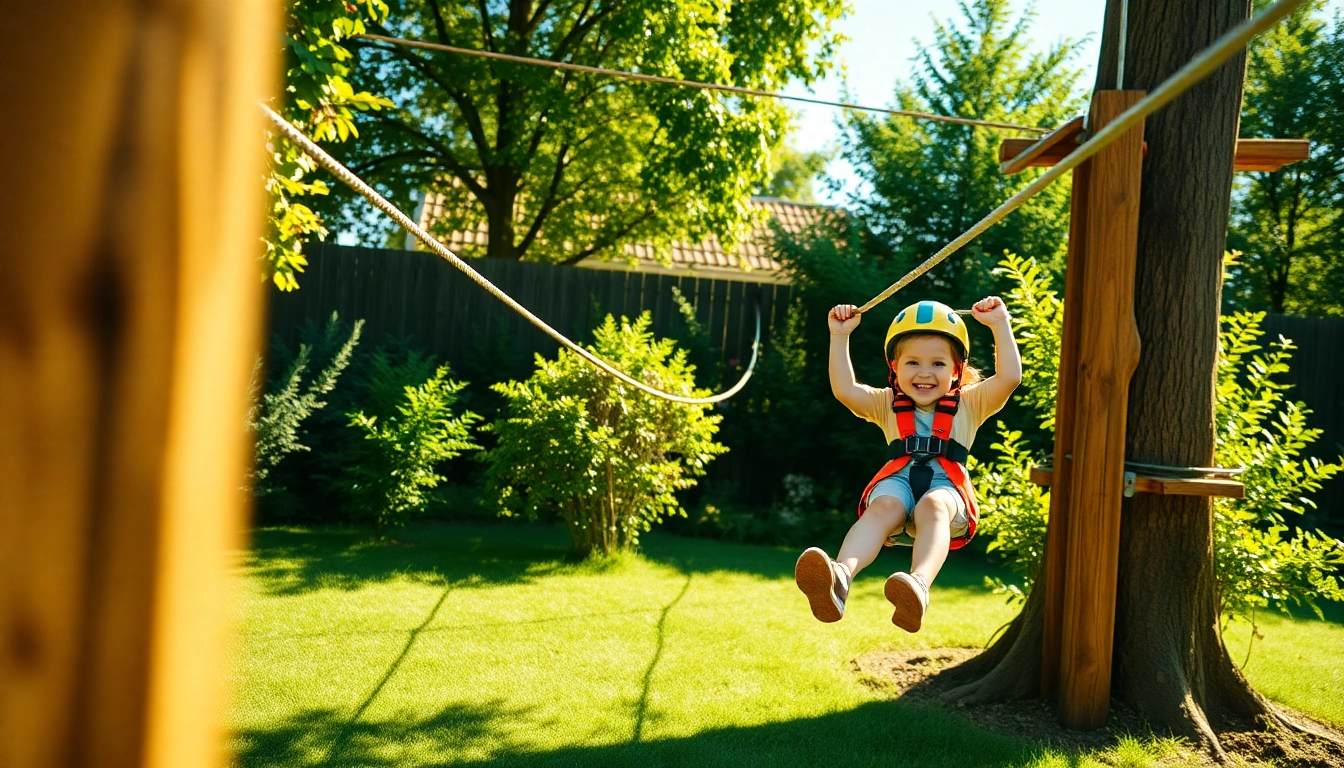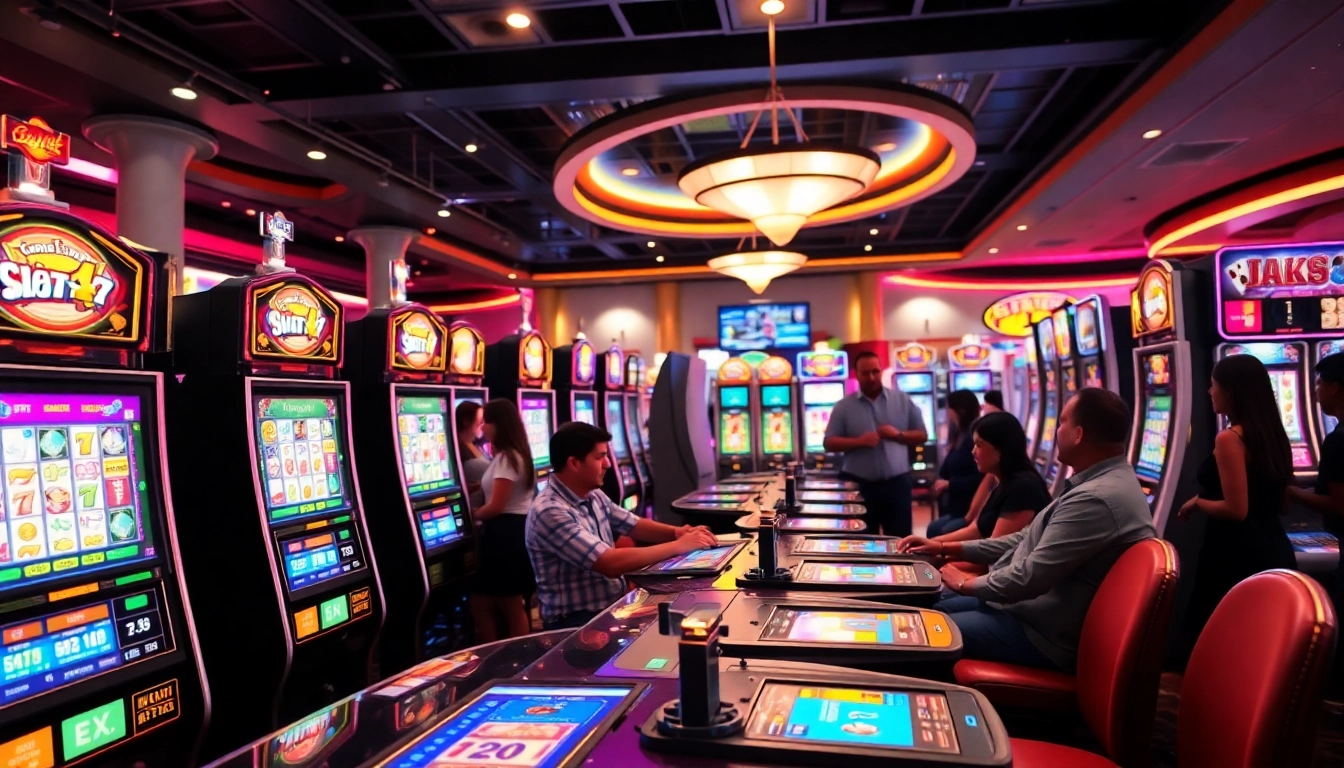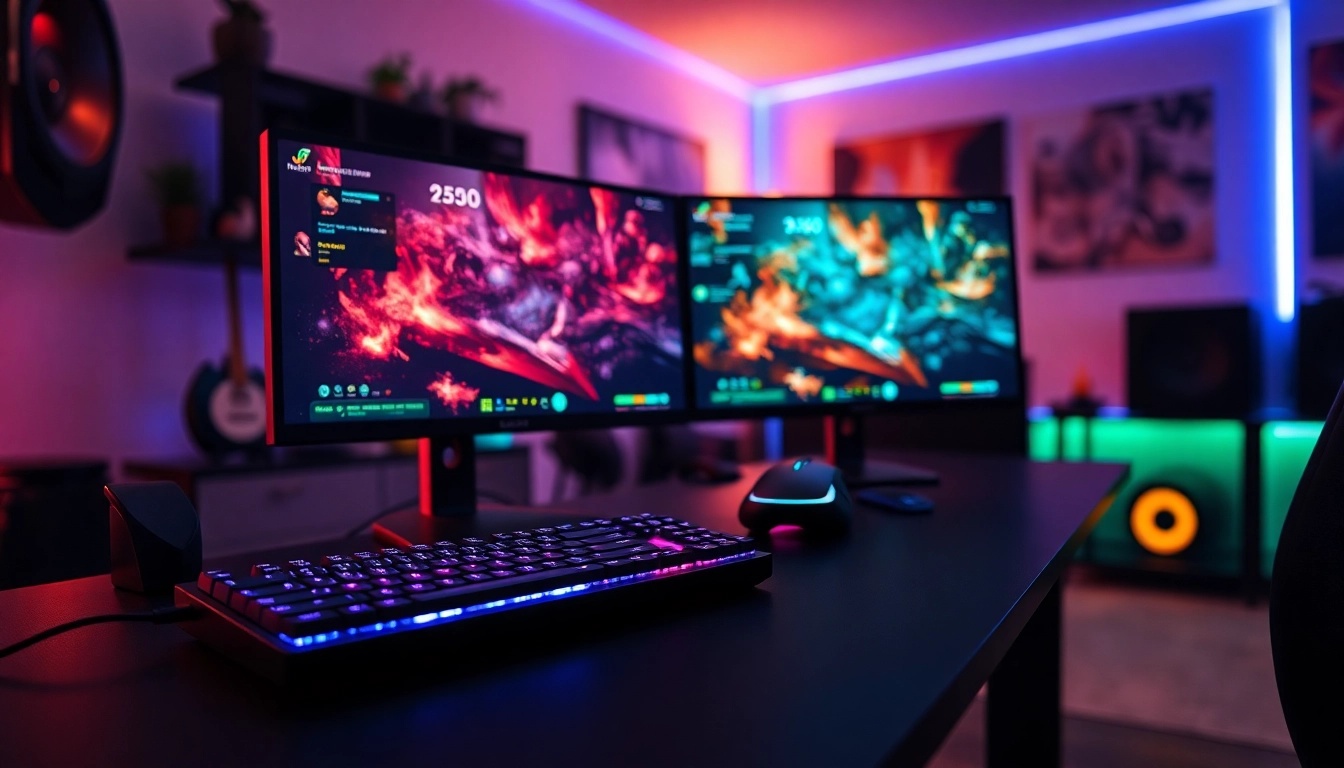
Understanding Common Beverage Cooler Problems
Beverage coolers play an important role in keeping your drinks refreshing and cold. However, like any appliance, they can encounter issues over time. Understanding common problems is the first step toward effective beverage cooler repair. Identifying the root causes of malfunctions will allow you to target your repairs efficiently and may save you from costly replacements.
Identifying Temperature Issues
Temperature inconsistencies are among the most common issues faced by beverage coolers. If your cooler isn’t cold enough or the contents are freezing, you should troubleshoot the unit promptly. Configuring the right temperature settings and ensuring thermodynamic principles such as heat exchange are intact is essential.
Here are some potential reasons for temperature issues:
- Dirty Condenser Coils: Dust and debris can accumulate on the condenser coils, impeding proper heat exchange and leading to inadequate cooling.
- Faulty Thermostat: A malfunctioning thermostat may result in incorrect temperature readings, making your cooler unable to maintain the appropriate temperature.
- Airflow Restrictions: Proper airflow within the cooler is crucial. Obstructed vents can lead to temperature imbalances.
- Refrigerant Problems: Low refrigerant levels or leaks can prevent the system from cooling effectively.
Common Noise Issues and Their Causes
Excessive noise coming from your beverage cooler can be a sign of underlying mechanical problems. Common noises include buzzing, clicking, or hissing sounds, and each can signify different issues:
- Compressor Noises: If the compressor is loud or making strange noises, it may be a sign of wear or a failure.
- Fan Issues: Noises resulting from the fan might indicate that something is obstructing its operation or that the fan itself needs replacement.
- Component Vibrations: Loose components can create vibrations, leading to audible noise that could be annoying and signify that securing parts may be needed.
Electrical Problems in Beverage Coolers
Electrical issues can cause a beverage cooler to stop functioning altogether. These problems can manifest as power failures, tripped circuit breakers, or flickering lights. Possible causes include:
- Faulty Power Cords: Worn or damaged electrical cords can lead to a power failure.
- Circuit Overloads: Continuous overloading of electrical systems can cause failures and may need a qualified electrician’s assessment.
- Control Board Issues: This component manages the cooler’s functions, and if faulty, can lead to operational failures.
Step-by-Step Beverage Cooler Repair Guide
Preparing for the Repair
Before diving into repairs, it’s essential to prepare adequately. This includes understanding the type of cooler you own, diagnosing the problem properly, and gathering the necessary materials.
Begin with a repair checklist:
- Identify symptoms: Is it not cooling, making noise, or experiencing other issues?
- Gather tools: Essential tools often include screwdrivers, a multimeter, and cleaning supplies.
- Consult the user manual: Refer to the manufacturer’s instructions for guidance regarding parts and repair techniques specific to your model.
Essential Tools for Beverage Cooler Repair
Equipping yourself with the right tools makes beverage cooler repair simpler and more efficient. Here’s a list of tools you should consider having on hand:
- Screwdrivers: A set of Phillips and flathead screwdrivers is essential for opening the appliance.
- Multimeter: Useful for checking electrical currents and diagnosing electrical issues.
- Wrenches: Adjustable wrenches can assist in loosening valves and fittings.
- Foam Cleaner: This helps in cleaning condenser coils for effective operation.
- Safety Gear: Always wear protective gloves and eyewear when handling electric components.
Common Repairs: DIY or Call a Pro?
Determining whether to attempt a DIY repair or seek professional assistance depends on the problem’s complexity. Common repairs that owners can typically perform include:
- Cleaning Coils: Regular cleaning can often resolve cooling issues.
- Replacing Light Bulbs: A straightforward task that doesn’t require a professional.
- Checking Temperature Settings: Ensuring the settings are accurate can fix many temperature-related issues.
In contrast, complex repairs, such as those involving the compressor or sealed refrigerant lines, typically require professional assistance to avoid further complications.
Maintenance Tips for Beverage Coolers
Regular Cleaning and Inspection Advice
To prolong the life of your beverage cooler, regular cleaning and inspections are crucial. Here are several maintenance tips:
- Clean Condenser Coils Regularly: Dust and debris buildup can significantly impair cooling efficiency. Clean them at least twice a year.
- Inspect Door Seals: Ensure the door seals are intact and airtight. Replace any worn seals to maintain optimal temperature control.
- Check Water Drainage: Ensure there are no blockages in the drainage tube to prevent water buildup inside the cooler.
Optimal Placement for Efficiency
The placement of your beverage cooler can impact its efficiency. Consider the following factors:
- Adequate Airflow: Ensure there’s sufficient space around the cooler for proper airflow, which will help maintain a consistent temperature.
- Temperature Regulation: Avoid placing the cooler near heat sources—such as ovens or sunlight—as this can increase the load on the cooling system.
- Level Surface: Ensure that your cooler is situated on a level surface to prevent operational issues.
Tips to Extend the Lifespan of Your Cooler
To ensure longevity, consider these strategies:
- Timely Repairs: Address any minor repairs immediately to prevent larger problems.
- Regular Professional Maintenance: Schedule annual maintenance checks with a professional technician.
- Monitor Performance: Continuously monitor the cooler’s performance to catch anomalies early.
When to Seek Professional Help
Signs Your Cooler Needs Expert Assistance
Knowing when to call a professional can save time and money. Look for these warning signs:
- Persistent Cooling Issues: If cleaning and troubleshooting do not resolve cooling problems, professional help is necessary.
- Frequent Tripping of Circuit Breakers: This can indicate deeper electrical issues that require a specialist’s attention.
- Unusual Noises: Any unfamiliar sounds, especially from the compressor or fans, warrant a professional evaluation.
Choosing the Right Repair Service
Selecting a qualified repair service can significantly influence your repair experience. Keep the following in mind when choosing a service:
- Check Credentials: Look for licensed and insured technicians.
- Read Reviews: Customer feedback offers insight into service quality and can guide your choice.
- Request Estimates: Get quotes from multiple service providers to ensure you receive fair pricing.
Estimating Repair Costs vs. Replacement
Often, consumers are left pondering whether to repair or replace their beverage coolers. Here are some factors to consider:
- Cost of Repairs: If repair costs exceed 50% of the cooler’s replacement value, consider replacement.
- Lifespan Considerations: Assess the cooler’s age. If it is over 10 years old, replacement may be the more prudent option.
- Warranty Status: If the cooler is still under warranty, repairs may be beneficial and cost-effective.
Frequently Asked Questions About Beverage Cooler Repair
What’s the average lifespan of a beverage cooler?
The average lifespan of a beverage cooler is typically between 10 to 15 years. Regular maintenance and care can significantly extend this period, ensuring you get the most out of your investment.
Is it worth repairing a beverage cooler?
Evaluating whether to repair or replace a beverage cooler should be based on factors such as repair costs, age of the unit, and performance history. In many cases, a repair can enhance the unit’s lifespan, making it a more cost-effective choice.
How do I troubleshoot cooling problems?
Begin by checking the thermostat settings, ensure the condenser coils are clean, and verify that the door seals are intact. If these checks do not resolve the issue, it may be time to consult a professional technician.







